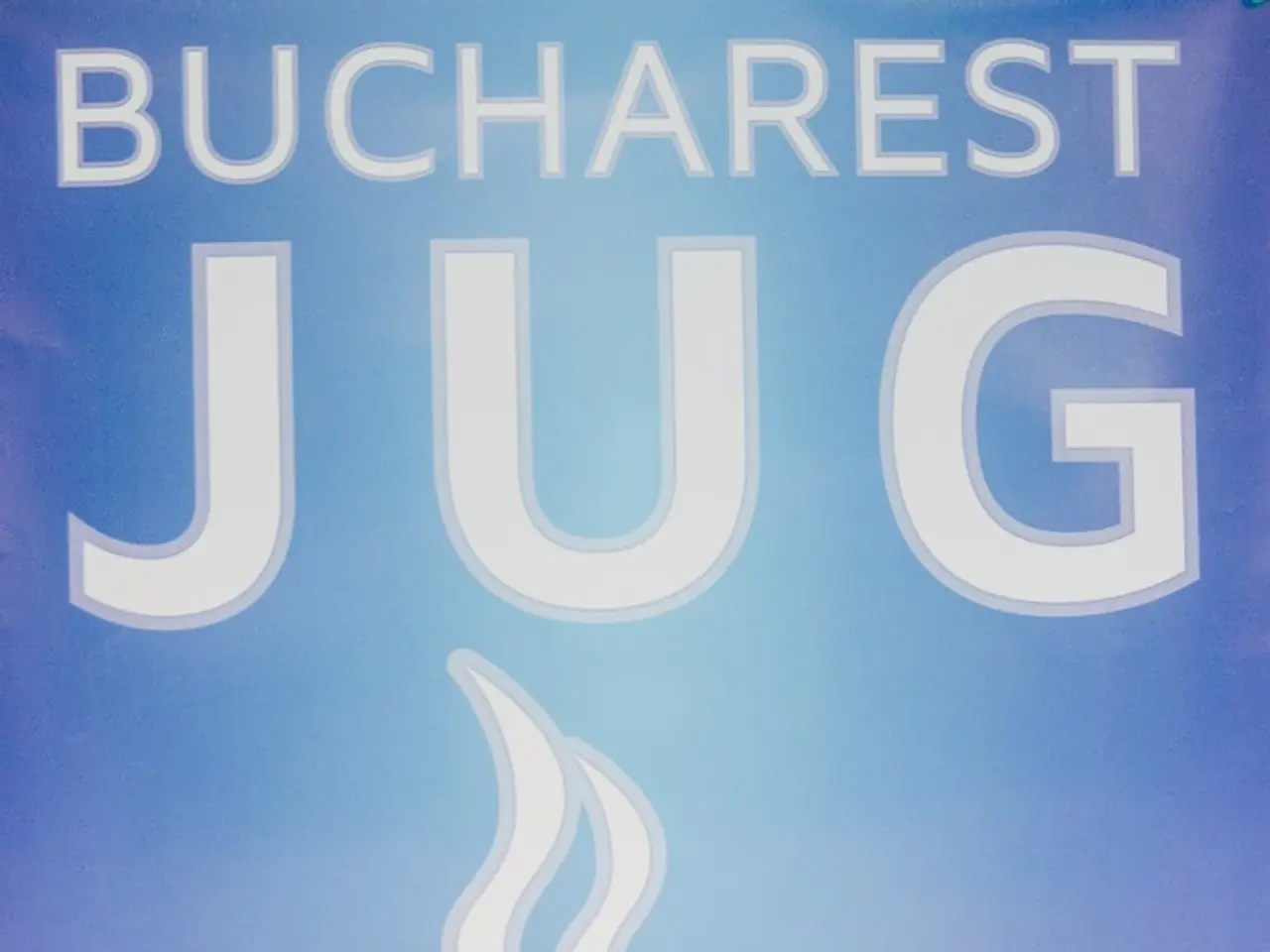Freelancing: Could it be the right career path for you?
In today's digital age, freelancing has emerged as a popular career choice, offering a blend of freedom, flexibility, and the potential for financial growth. The Internet has opened up numerous avenues for side gigs, passion projects, and even full-time employment, driving the growth of the gig economy.
One of the key attractions of freelancing is the autonomy it provides. Freelancers can choose their clients, projects, and work hours, allowing them to build a schedule that suits their lifestyle and preferences. This flexibility enables them to work when and where they are most productive.
Another significant advantage is the ability to work remotely. Whether it's from home, a coffee shop, or while traveling, most freelancing jobs can be done online. This mobility enhances work-life balance and can boost job satisfaction by allowing a personalized workspace and lifestyle.
Freelancers also stand to earn more than their traditionally employed counterparts. By setting their own rates based on their skills, the scope of the project, and the time required, they can potentially earn higher wages, especially for highly skilled individuals.
Moreover, the variety and control that freelancing offers can make work more interesting. Freelancers often work on diverse projects for different clients, which keeps the work exciting and allows them to focus on jobs they enjoy. They also have the power to decline projects that don’t fit their interests or values.
However, freelancing is not without its challenges. Income instability is a common issue, with workloads and income often fluctuating. Financial planning can be more difficult due to the unpredictable nature of freelance work.
Freelancers typically do not receive employer-provided benefits such as health insurance, retirement plans, paid vacation, or sick leave. This requires careful personal financial management. Additionally, freelancers are responsible for their own tax payments and administrative duties, which can be time-consuming and complex without professional help.
Competition in the freelance market can also be tough, with freelancers needing to continuously find new clients and projects. Some industries may pay lower rates due to high competition or market saturation.
Potential isolation is another challenge. Working remotely and independently can lead to feelings of isolation without a traditional office environment or team.
Despite these challenges, freelancing provides unparalleled freedom, autonomy, and potential for personal fulfillment. It demands strong self-discipline, financial management, and resilience to navigate the uncertainties and responsibilities of self-employment.
The future of work may see freelance work becoming the norm. With platforms like Fiverr, Freelancer, Upwork, Peopleperhour, and others, it's never been easier to start a freelance career. Whether you're a graphic designer, writer, digital marketer, coder, or any other professional, there's a world of opportunities waiting for you in the freelance market.
Even as we emerge from the pandemic, many people are seeking innovative ways to make extra money and enjoy their work, regardless of economic conditions. The gig economy continues to grow, with many people becoming full-time freelancers. People value the opportunity to grow and expand their freedom, and are embracing the idea of having multiple sources of income.
In America, there are 59 million freelancers, and this number is expected to rise. Freelancing contributed US$1.2 trillion to the US economy in 2020 alone. New opportunities for employment, such as crowdfunding work and remote work, are arising. Platforms like Kickstarter, Patreon, and 99Designs offer unique ways to fund and execute creative projects.
In conclusion, freelancing offers a rewarding and flexible career option for those seeking autonomy, variety, and the potential for higher earnings. While it requires resilience and careful financial management, the benefits it provides make it an attractive choice for many. As the gig economy continues to grow, it's clear that freelancing is here to stay.
- The growth of freelancing in the digital age is driven by an increase in side gigs, passion projects, and employment opportunities, contributing to the growth of the gig economy.
- The flexibility offered by freelancing allows individuals to tailor their work hours to their lifestyle and preferences, enhancing productivity.
- Freelancers often have the ability to work remotely, boosting job satisfaction and work-life balance through mobility.
- By setting their own rates, freelancers can potentially earn more than traditionally employed individuals, particularly for highly skilled professionals.
- The variety and control offered by freelancing make work more interesting, allowing freelancers to focus on projects they enjoy and decline those that don't align with their interests.
- Income instability, financial planning challenges, competition, potential isolation, and the responsibility for benefits and taxes are potential challenges faced by freelancers.
- Despite these challenges, freelancing offers unparalleled freedom, potential for personal fulfillment, and unique opportunities for growth and expansion, especially in the context of the growing gig economy.




